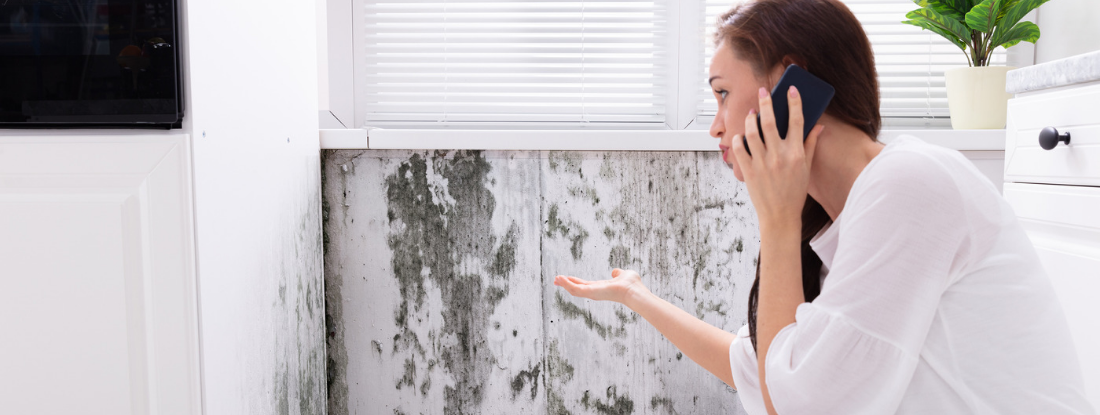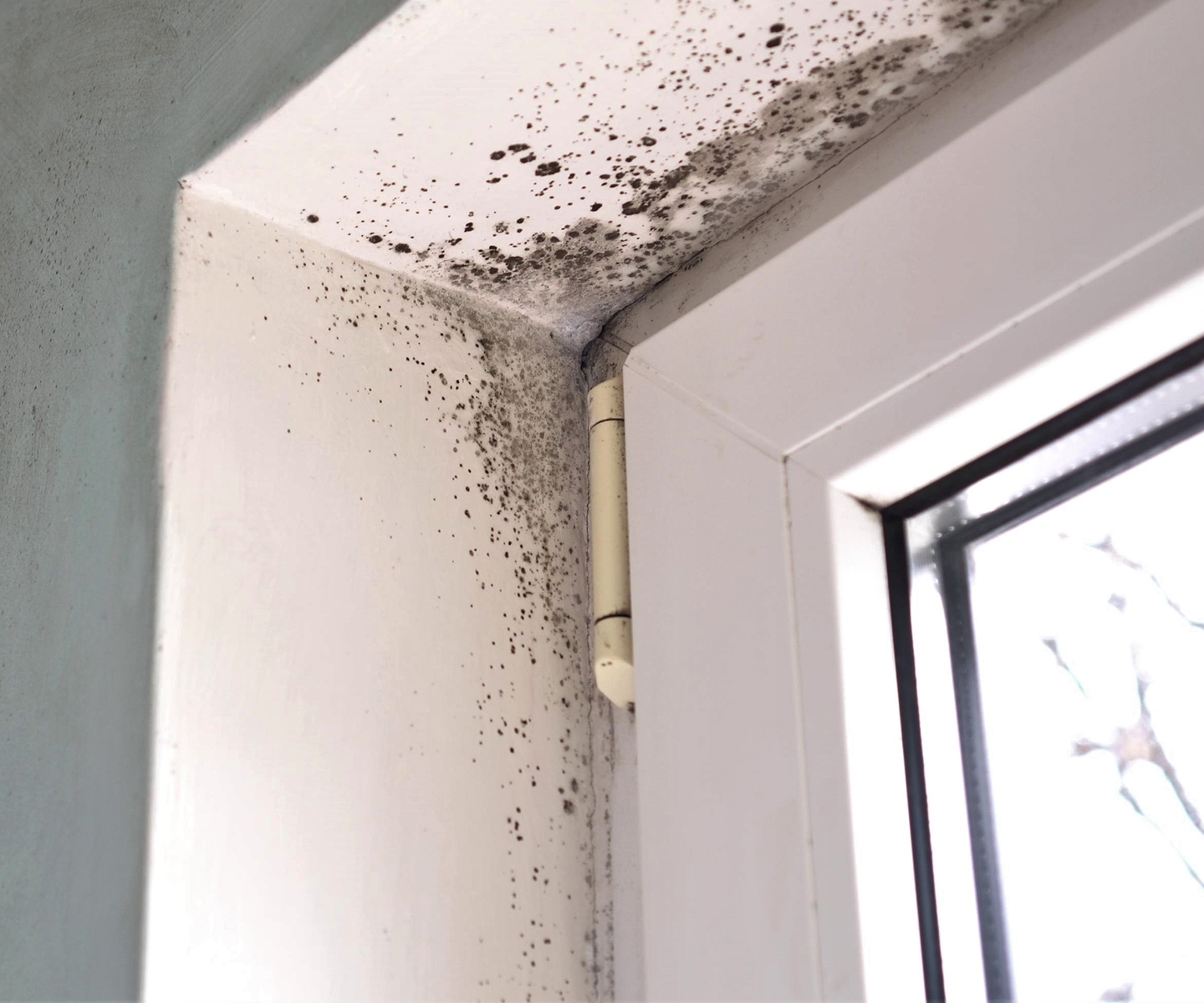Effective Post Mold And Mildew Removal Solutions for Your Home
Mold growth in homes can be a consistent problem, commonly needing a methodical strategy for reliable post-remediation remedies. From comprehending the elements that add to mold and mildew development to executing proper cleansing methods and wetness control measures, the procedure can be detailed yet critical for preserving a healthy living setting. In addition, exploring all-natural remediation solutions and developing a routine for continuous maintenance are important parts of a thorough mold removal approach. As home owners aim to address mold and mildew issues, finding one of the most reliable options becomes extremely important for the wellness of their households.
Recognizing Mold Development Variables
The primary aspect contributing to mold growth is dampness. Mold spores call for wetness to prosper and germinate, making damp or damp atmospheres very susceptible to mold and mildew infestations.

Additionally, air movement and light exposure can affect mold and mildew growth. Areas that do not have appropriate air flow and all-natural light are much more vulnerable to mold growth. By attending to these variables comprehensively, people can properly reduce mold and mildew growth and secure their living settings.
Proper Mold Cleaning Techniques
Using effective cleaning techniques is vital in preventing the reoccurrence and addressing of mold and mildew contamination in indoor atmospheres. When managing mold and mildew, it is essential to focus on safety by wearing protective gear such as gloves, masks, and goggles. The initial step in proper mold and mildew cleaning is to consist of the afflicted location to avoid the spread of spores to unpolluted locations. This can be accomplished by securing off the area and using air scrubbers or adverse air machines to preserve air quality.

Applying Dampness Control Measures
To efficiently stop mold and mildew development and contamination in interior atmospheres, applying moisture control measures is paramount. Moisture is the primary element that fuels mold growth, making it essential to manage humidity degrees within the home. One reliable action is to use dehumidifiers to preserve indoor discover this humidity levels listed below 60%. In addition, ensuring proper ventilation in areas prone to moisture buildup, such as kitchens and washrooms, can help decrease the risk of mold development. Regularly inspecting and fixing any type of leakages in plumbing, roofs, or home windows is additionally necessary in protecting against excess moisture buildup. Utilizing exhaust fans while cooking or bathing, and enabling air circulation by maintaining furnishings somewhat away from wall surfaces can help in moisture control. In addition, utilizing moisture-resistant products in high-humidity locations, such as mold-resistant drywall and paints, can be helpful. By diligently carrying out these dampness control steps, homeowners can properly minimize the likelihood of mold recontamination and preserve a healthy indoor setting.
Making Use Of Natural Remediation Solutions
After successfully executing wetness control procedures to stop mold development in indoor environments, home owners can now check out the effectiveness of all-natural remediation services in preserving mold removal ppe a healthy and balanced living space. All-natural remediation remedies use environmentally pleasant methods to deal with mold and mildew, making them a prominent selection for those seeking safe alternatives. By incorporating these all-natural remediation remedies into their cleansing routines, house owners can successfully deal with mold growth while advertising a healthier indoor setting for themselves and their families.

Preserving a Mold-Free Setting
On a regular basis checking areas prone to mold development, such as shower rooms, kitchen areas, basements, and attics, is crucial. Correct ventilation in locations with high humidity degrees is likewise key to protecting against mold development.
In addition, maintaining cleanliness in the home is important for mold prevention. Keeping indoor plants in check and guaranteeing correct drainage in outdoor landscaping can minimize moisture build-up, reducing the possibility of mold invasions.
Verdict
Finally, it is important to resolve mold development elements, make use of appropriate cleaning methods, implement dampness control actions, utilize all-natural remediation remedies, and maintain a mold-free atmosphere in order to properly handle blog post mold and mildew remediation in your home - After mold remediation. By adhering to these approaches, you can avoid mold and mildew from reoccuring and make certain a healthy living environment for you and your household
The key factor contributing to mold and mildew growth is dampness. Mold and mildew spores require moisture to grow and sprout, making damp or damp atmospheres extremely susceptible to mold and mildew invasions.To effectively prevent mold growth and contamination in indoor environments, executing wetness control procedures is vital. In addition, ensuring proper ventilation in locations vulnerable to moisture build-up, such as washrooms and cooking areas, can aid lower the danger of mold growth.After successfully implementing moisture control procedures to stop mold and mildew growth in indoor settings, homeowners can currently discover the efficiency of all-natural removal services in maintaining a healthy like this and balanced living room.
Comments on “Necessary Steps After Mold Remediation”